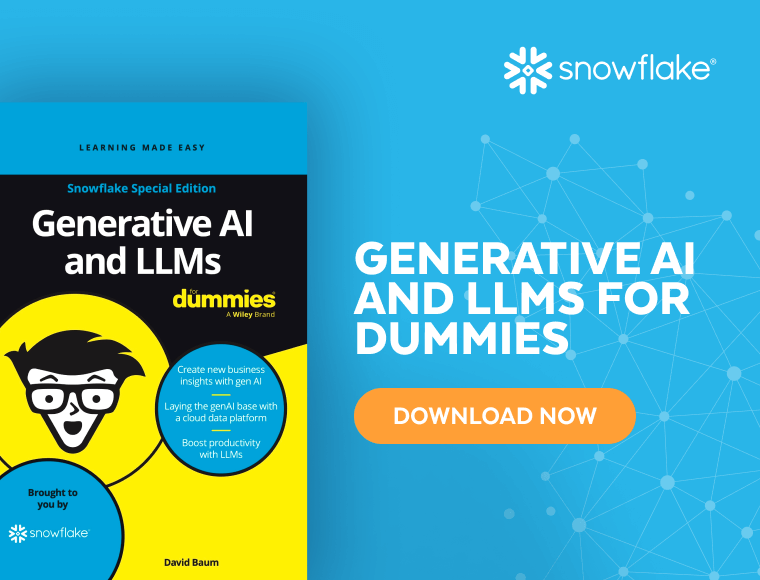Cognitive Automation
Cognitive automation refers to the application of artificial intelligence (AI) and advanced technologies to replicate and perform cognitive tasks that traditionally require human intelligence. This includes the ability to perceive, reason, learn, and make decisions in complex scenarios. Unlike traditional automation, which typically handles repetitive and rule-based tasks, cognitive automation leverages machine learning algorithms, natural language processing, and data analysis to mimic human thought processes.
Through cognitive automation, systems can analyze large datasets, interpret unstructured information, and adapt to changing conditions without explicit programming. This technology enables the automation of tasks that involve problem-solving, decision-making, and pattern recognition, allowing organizations to streamline processes, enhance efficiency, and reduce human intervention in certain workflows.
Common applications of cognitive automation include:
- Customer service chatbots
- Sentiment analysis
- Fraud detection
- Predictive analytics.
By integrating cognitive automation into business processes, organizations can increase productivity, improve accuracy, and better utilize human resources.
Snowflake for AI and ML
Snowflake for AI and ML allows organizations to securely build and deploy LLMs and ML models.
Learn more: Using Snowflake and Generative AI to Rapidly Build Features
Learn more about Snowflake’s Generative AI and LLM School, part of the Data Cloud Academy.
At the Data Cloud Summit 2024, Snowflake’s Apps and AI Summit, discover how Blue Yonder transformed its supply chain planning and optimization application into an invincible, unbreakable, unshakeable and unstoppable force with cognitive AI and Snowflake.
